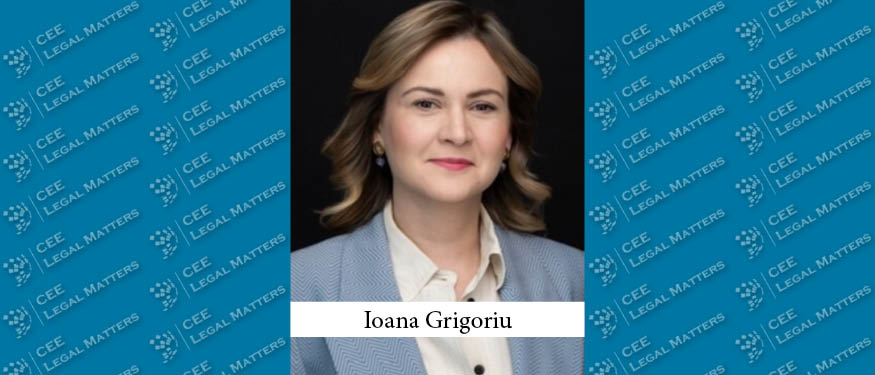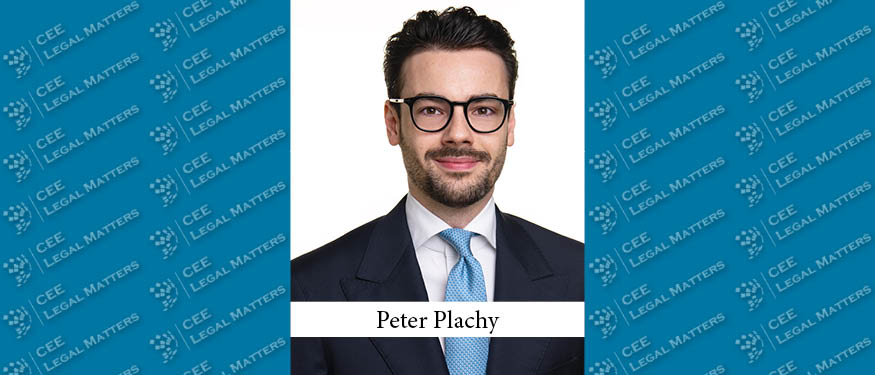Despite the quite long-lasting existence of a legislative framework for conditional merger clearances and imposing remedies on undertakings, the Antimonopoly Office of the Slovak Republic (Slovak NCA) has not used this option for many years. We are, however, experiencing a change in the practice of the Slovak NCA. Are we experiencing a change of trend in conditional merger clearances in Slovakia?
Reviewing data published by the Slovak NCA in its annual reports, we gather that in a period of more than 10 years, only in four concentrations did the Slovak NCA impose remedies on the undertakings concerned. Out of these four cases, three concentrations have been cleared between 2021 and 2023. It is evident that it wasn’t a usual practice of the Slovak NCA to impose remedies for many years.
Introducing the Concept of Remedies
The concept of merger clearance remedies has been present in Slovak law for quite some time. It is structured in a way that if the Slovak NCA finds during the merger control proceedings that the approval of the concentration could give rise to a competition issue on the relevant market, it summons the undertakings to submit a proposal for remedies, which may be afterward approved and adopted by the Slovak NCA. The remedies shall be understood as commitments primarily leading to the elimination of the competition issue. Remedies are most often of structural nature (e.g., transfer of part of the business), but may also be of non-structural nature (e.g., removal of barriers to entry for other undertakings).
Recently Imposed Remedies
As noted above, in the last two and a half years, the Slovak NCA has conditionally cleared mergers with remedies in three cases.
The first of these recent decisions of the Slovak NCA was a decision concerning undertakings engaged in the business of publishing, selling, and distributing books. The remedies imposed in this case concerned the avoidance of discrimination in the supply and sale of printed books and respecting the information barrier between the distribution and sale of books.
The second decision which imposed remedies was the Slovak NCA’s decision concerning parties active in the market for the sale of fuel and ancillary goods. In this case, the remedies imposed were of structural nature and consisted, in particular, of the divestiture of a certain part of the business.
The third, and most recent, decision containing additional remedies was the decision concerning participants in the operation of gambling and related services.
In all three of these cases, a monitoring trustee, such as a lawyer or an auditor, has been appointed.
Trend Change or Anomaly?
From the point of view of undertakings as potential participants in the concentration, the option to use remedies in merger control proceedings is certainly a preferable alternative to the definitive rejection of the concentration. Therefore, in our view, two main questions arise in relation to the above.
Is the increase in approved concentrations with remedies really a change in trend, or is it just an anomaly that will show up in retrospect a few years later? Secondly, why have there actually been so few concentrations approved with remedies so far?
Although the answer to the first question will probably only be known in time, we believe that this is a change in trend that will have a positive impact on competition and the business environment in Slovakia. We feel that if mergers are carefully investigated and perhaps critical ones are approved with additional remedies, it may lead to better stability of competition on the relevant markets. Not many things bend the competitive environment more than incorrectly assessed and approved mergers. And when it comes to borderline mergers, our clients consider it a better outcome to approve the concentration with even strict (but effective and reasonable) remedies rather than to stop it altogether and thereby block natural market activity.
We consider that such developments show that the competition law environment in Slovakia is gradually maturing and that the Slovak NCA, together with the undertakings, is capable of achieving a reasonable, efficient, and sophisticated structure of the merger in order not to endanger competition but, at the same time, to allow the concentration to proceed under specific remedies.
By Lukas Michalik, Partner, and Simon Hora, Associate, HKV Law Firm
This article was originally published in Issue 10.6 of the CEE Legal Matters Magazine. If you would like to receive a hard copy of the magazine, you can subscribe here.
















